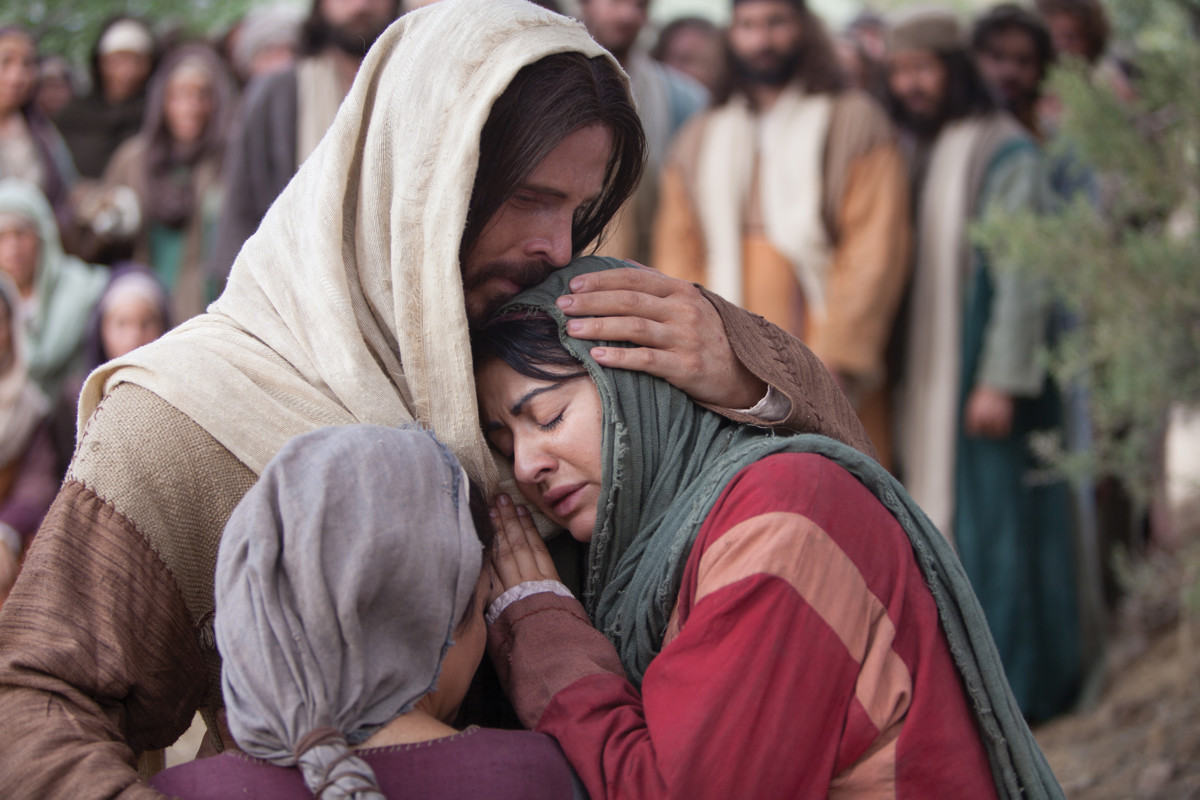
Why do we suffer?
This is what Robert D. Hales spoke on during the Saturday afternoon session of October 1983. It’s a good question and I wonder if we understand, and can accept, the answer.
Too many times we’ll hear people complain, become depressed, and simply quit life because this question overwhelms them. I understand those feelings because I’ve had them myself.
When our daughter passed away, my whole view of life changed. It takes quite a while to get back on your feet, if ever when something as monumental as death disrupts your life. But isn’t death part of life? We often forget that. I, for one, am no longer afraid for death to come for me. But, life somehow continues and we continue suffering in all its various forms.
Recently, the Relief Society General Board released a video that showed how they have experienced suffering. The truth is we all experience a variety of heartbreaks and many of us keep them well hidden.
But here’s the truth. It doesn’t matter what sufferings we experience, for they simply come with mortality. What matters is how we react to that suffering. Elder Hales said,
“Suffering is universal; how we react to suffering is individual. Suffering can take us one of two ways. It can be a strengthening and purifying experience combined with faith, or it can be a destructive force in our lives if we do not have faith in the Lord’s atoning sacrifice. The purpose of suffering, however, is to build and strengthen us. We learn obedience by the things we suffer.”
Elder Hales next said something that puzzles me. Perhaps it’s not a complete thought. He said, “When suffering comes as a consequence of sin, it should lead to repentance.” I believe that, but I also believe that all suffering (whether through the perpetrator or through victimization) should lead to repentance. Suffering causes the righteous option of relying on the atonement and we take on the atonement through repentance; repentance of being in our mortal, or imperfect, state. In other words, suffering is what brings us to Christ, if we choose that path, and we should all hop aboard.
The other path is bitterness, anger, more sin, and eternal sorrow. Who wants that? To suffer in any degree is painful and actually can stay with us for a lifetime. But there lies the constant reminder to place our heart’s burden upon the Lord and His atoning sacrifice. He can carry us, and He is willing to always carry us. And He promises that one day all suffering will end, and joy will fill our hearts. What a promise!